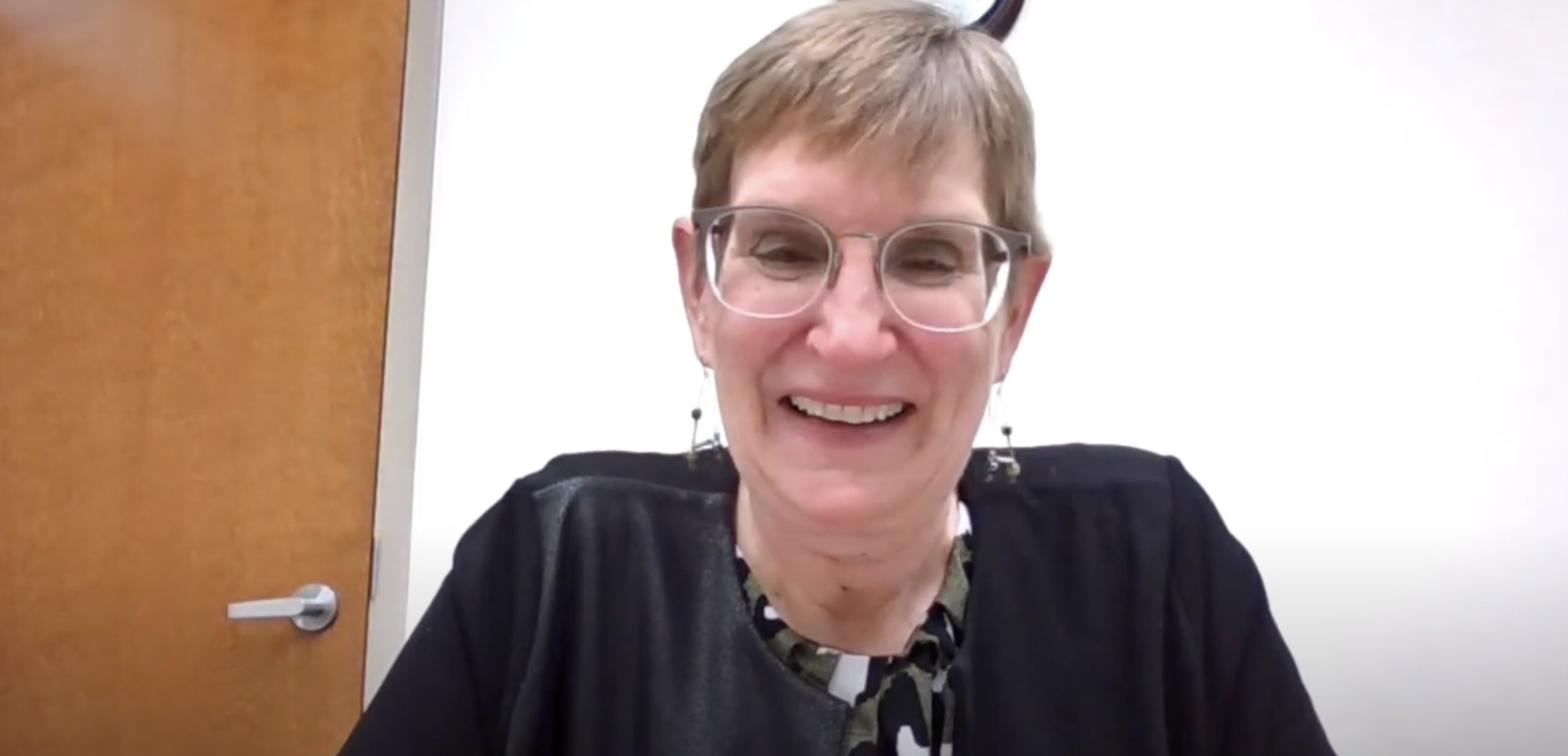
Rites of Passage
By: Sam Carden
The following was initially wrote as an essay for the Intro to College Writing class with Dr. Ana Wetzl.
Enrolling in college for any reason is life-changing for anybody. The overused reason for enrolling tends to be money. Another reason would be peer pressure due to the majority of high school graduates hearing and seeing their peers going to college to try to make a better life. As a veteran with an associate degree, the reason I have chosen is for a rite of passage into a professional nursing career.
Rites of passage occur in different cultures in almost all countries around the globe. The purposes of these ceremonies vary depending on culture yet yield similar results in terms of transitioning from a lower hierarchical state to higher status and acceptance. For example, I enlisted in the army when I was 17. When I arrived at Ft. Benning, Georgia in July of 2008, all I knew was that my life was going to change forever. Towards the end of basic combat training, my unit was sent on a 10-mile road march in full battle dress where we conducted mock warfare drills. During this time, we were exposed to riot gas, ambushes, and simulated combat scenarios. At the conclusion of this exercise, a ceremony was held in the field signifying our transition from civilian to soldier and the new standards we were going to be held to, I was fully accepted as a soldier of my rank. That accomplishment is a badge I will wear proudly and was my first rite of passage.
The acts in a rite of passage are usually extremely difficult and require intense mental and physical preparation. For instance, according to Mielcarek (2021) while going through “When we square the shoulders of our soul up with what is buried deep within, the shadows within can be excavated, named, felt, grieved, given meaning, released, and transformed. What pained us then goes to work for us on a new assignment to bring us into balance with all aspects of ourselves that have gone unfed” (Mielcarek, 2021 para. 3). My new rite of passage into nursing is going to take roughly five years to complete. Most registered nurses must go through the same process. I keep the thought in my head that if they can do it, so can I.
Before enrolling in college, I worked as a medical assistant at an Allergy and Immunology clinic. During this time, I was able to use the first degree I received and expand my medical knowledge in specialized fields. My job mainly consisted of injecting a patient with trace amounts of what they were allergic to. When a chaotic situation would occur, I used the experiences and tribulations my first rite of passage provided as a mental reminder to work hard and make the best decision for the patient’s well-being and care. It also caused a longing in me to seek a new rite of passage.
Some rites of passage occur in what would be described as a sacred space. According to The Akoma Unity Center “When we take part in a rite of passage, we find ourselves in a sacred space. There are rules and rituals regarding dress, place, and time that must be respected. This represents an exception in our lives since sacred spaces are scarce in our secular world. As humans, we need this sense of sacrality to feel more attuned to our journey.” (Akoma Unity Center, 2020, para. 4). The halls of academia that a college provide is nothing short of a sacred space of learning to me. When students enter a classroom building on a college campus, they inherit the history and walk in the steps of the greatest scholars and students that the institution has forged. Kent State has molded many successful alumni from multiple aspects of life, from star athletes like Pro Football Hall of Fame linebacker Jack Lambert and Nick Saban who could be considered one of the greatest college football coaches in history, to musicians such as Rock and Roll Hall of Fame member Joe Walsh who has an honorary doctorate in music, to Ohio Supreme Court Justice Terrence O’Donnell. I have always enjoyed learning and expanding my value, and alumni from such a diverse range of fields make me believe Kent State can be my ticket to the next level in life.
My father received his BSN from Kent Trumbull and is a key influence on my decision to enroll. When my mother met him, he was in the Naval Reserves and was going to school. As a kid, I remember picking him up from his job working in an office on campus and jumping down the stairs that now lead to the student union. During his collegiate career at Kent, he had a severe health scare. In his junior year, he developed an autoimmune disease known as Ulcerative Colitis. He would be studying and suddenly out of nowhere, he would be doubled over in pain crying from the symptoms that were occurring. He had to get most of his large intestine removed and use a colostomy pouch to fulfill his obligations. During this time, he only took one semester off from attending classes. I was told that was the closest he ever felt to giving up, that in those moments he felt that death was a better alternative to living the way he had to. Albeit in pain, and carrying around an embarrassing pouch, he never quit. Even though his health scare he still maintained a 3.2 GPA. In almost every rite of passage, the actor is guided through the process by someone who has been through the act. I could not think of a better guide to help me through this journey than my father. I am extremely grateful for his hard work and dedication to success and providing for a family, especially for a son who was not biologically his.
The Rite of Passage into nursing at Kent concludes with a pinning ceremony. On that pin is an oil lamp. The oil lamp is a frequently used emblem in the field of nursing due to “The Lady with the Lamp” Florence Nightingale during her service to the British Army during the Crimean War. The National Army Museum from Great Britain elaborated by saying “Florence gained the nickname ‘the Lady with the Lamp’ during her work at Scutari. ‘The Times’ reported that at night she would walk among the beds, checking the wounded men holding a light in her hand.” (National Army Museum, n.d.). During this ceremony, I want my father to pin me, the same way I was pinned with my rank and job in the military: no safety backing on the stems so when the pin is applied, it pierces the flesh and enters your blood.
References:
Florence Nightingale: The lady with the lamp. National Army Museum. (n.d.). Retrieved December 1, 2022, from https://www.nam.ac.uk/explore/florence-nightingale-lady-lamp
Mielcarek, R. (2021, January 12). Warriors, answer the call within. veteran rites. Retrieved December 1, 2022, from https://www.veteranrites.org/blog/2021/1/11/2021-veterans-rite-of-return-call-to-warriors
What are rites of passage and why are they so important? Akoma Unity Center. (2020, March 11). Retrieved December 1, 2022, from https://akomaunitycenter.org/what-are-rites-of-passage-and-why-are-they-so-important/



